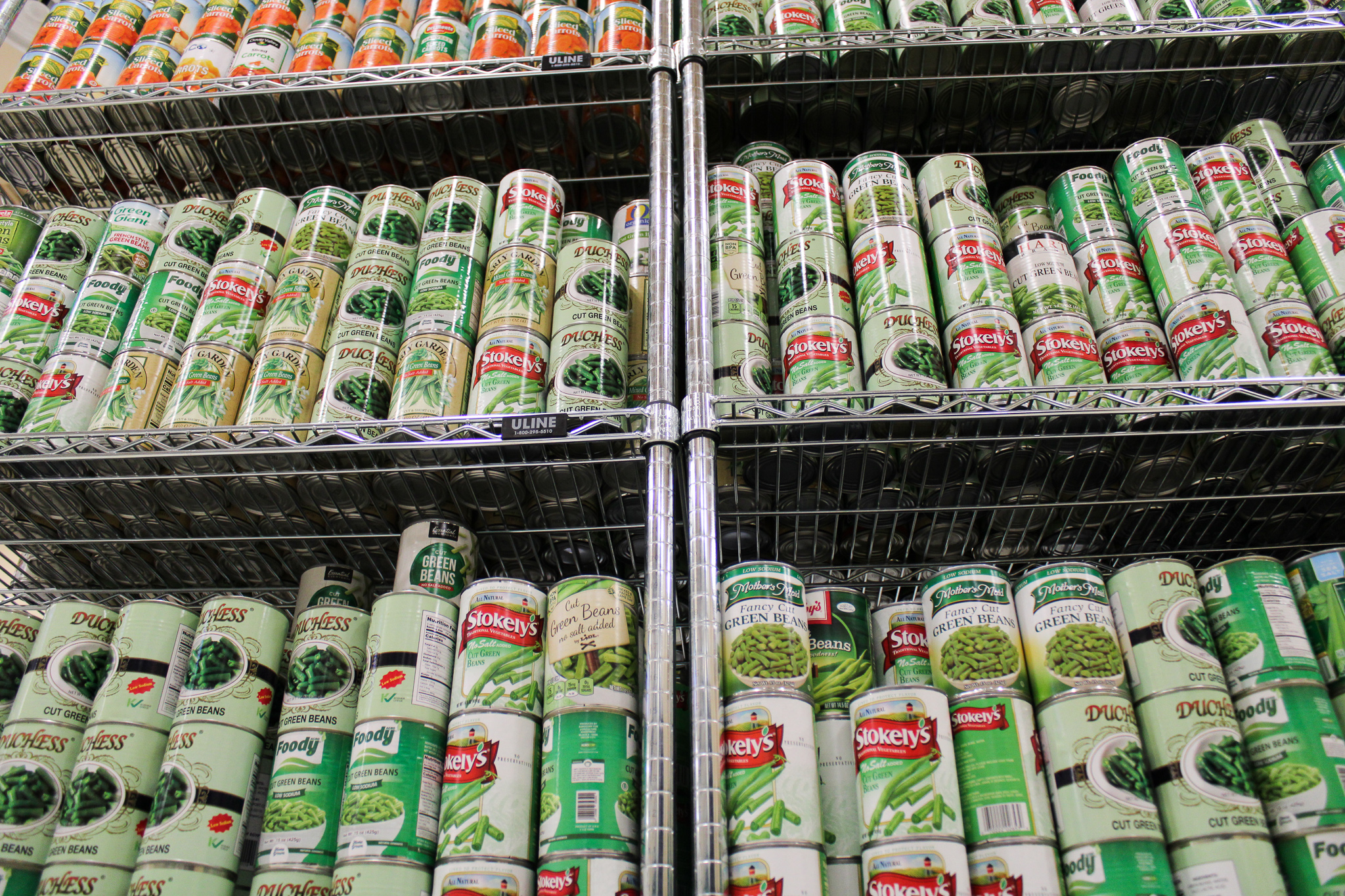Views expressed in opinion columns are the author’s own.
Navigating adulthood is a tough transition for many of us entering college. One of the most challenging adjustments is simply finding food. The stereotype of the college student living off instant ramen rings true on campuses around the country — but it shouldn’t.
Isn’t it wrong that a place meant to transition us from the inexperience of high school to the self-sufficiency of adulthood creates, and implicitly promotes, an environment ripe for food insecurity and poor nutrition?
The problem here isn’t a lack of resources, it’s a lack of accessibility. From Route 1 to Stamp Student Union, there are a variety of food options available for students through local restaurants. Why not kill two birds with one stone and give those restaurants a way to generate revenue instead of wasting food while also giving meals to people who can’t easily afford them?
While food insecurity has been an issue for years at the University of Maryland and campuses nationwide, not much regarding food access has changed. Fantastic resources like the campus pantry do exist but face their own challenges such as limited hours of operations, stigma surrounding the use of such facilities and a lack of awareness. The dining halls are convenient and have balanced meals, but cost a pretty penny and are inconvenient for off-campus students.
A 2019 study documented staggering discrepancies between food-insecure and food-secure students at this university. Nearly 40 percent of food-insecure students reported falling asleep or concentration problems in class and almost half of food-insecure students reported “feeling down or depressed,” as opposed to the 3 percent of food-secure students who reported the same mental health experience. Food-insecure students also had significantly lower GPAs than their food-secure counterparts.
Unsurprisingly, being unable to meet a basic human need significantly harms our capacities to function as students, workers, peers, friends and, most importantly, people.
But one fix is within reach. Odds are, your favorite restaurant produces more food than it sells and throws some out at the end of the last shift. Wrong orders, overproduction or slower business days are some reasons why perfectly good food is dumped in the can at the end of the day.
Imagine you could consistently pop by around closing time to get a solid, cheap meal prepared by professionals and then study for exams, write papers or hit the gym. It’s a win-win: students get cheap food and local businesses reduce waste, generate a larger customer base by lowering the cost barrier and sustainably pawn off leftovers. Selling something is better than selling nothing.
As with many good ideas, it sounds a little pie-in-the-sky, but it’s already been accomplished right here in College Park.
Moby Dick, a restaurant in Stamp, has partnered with Too Good To Go, a group that provides this service across the nation, largely with their mobile app. I’ve used the app and avoided the stress and time associated with making dinner — or even multiple meals — for only a few dollars.
While many restaurants in Washington, D.C., Baltimore and Bethesda have joined the app, College Park’s restaurant offerings on the service remain relatively barren. That problem is only compounded, given higher food insecurity and fewer methods of transportation for students. For people in College Park without the willingness or car to venture to another city, options are limited to Moby Dick’s finite supply.
College campuses and their business partners have far too many resources to let students silently suffer from hunger pangs, poor sleep, depression and culinary incompetence. The university needs to help bridge the gap between producers and consumers to strive beyond food security into the realm of food prosperity. Partnerships administered by groups like Too Good To Go cost nothing to implement and can save students’ time, money and well-being.
On its own, this solution is only a band-aid on a larger systemic problem, but simply providing such services and increasing food insecurity awareness is a step in the right direction. Food insecurity and inadequate kitchen expertise on college campuses are problems that have become far too normalized. Being a broke college student shouldn’t control or diminish the college experience when easy solutions are in plain sight. After all, we can only add so much kimchi and hot sauce to ramen while cramming for finals.
The only thing that should be hard to come by at this university is an A, not a meal. Each day that a student skips eating, misses a class, or considers dropping out is a policy failure. Basic needs should be non-negotiable, and the university must do everything in its power to address them immediately.
This university already produces the engineers, doctors and leaders of tomorrow, so why can’t it produce adults with fundamentally sound culinary abilities and reliable food access?
Rohin Mishra is a sophomore economics and government and politics major. He can be reached at rohinpmishra@gmail.com.



